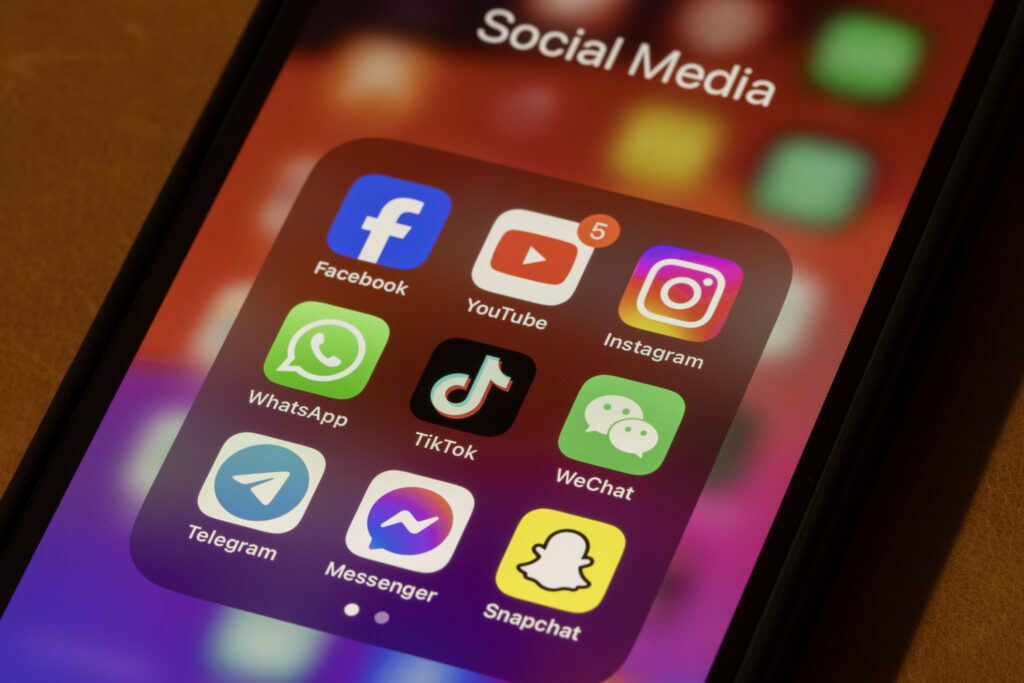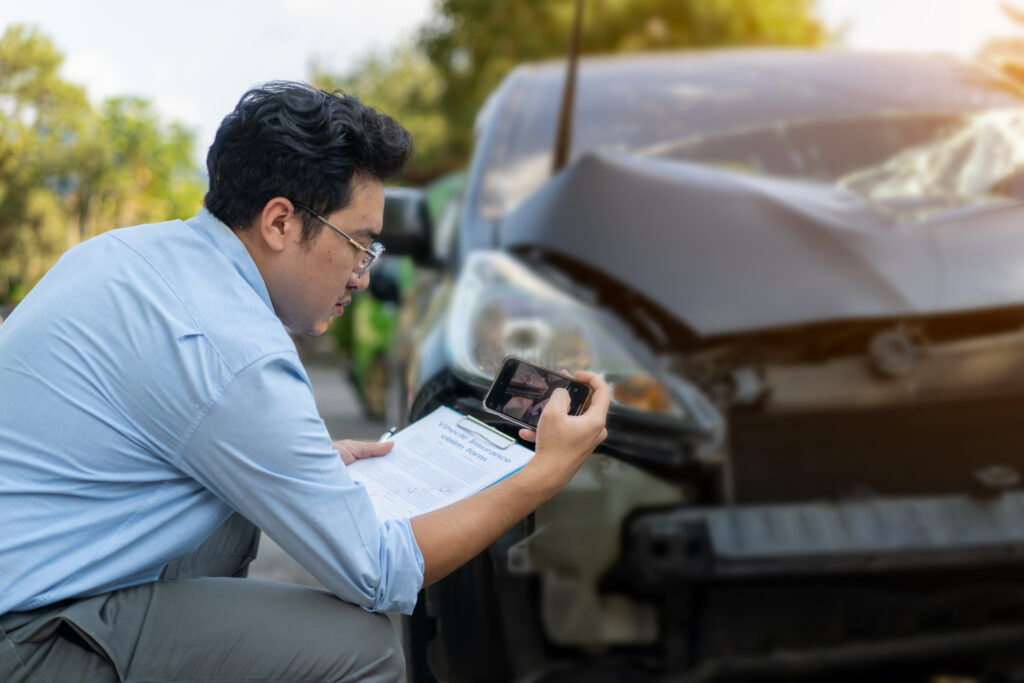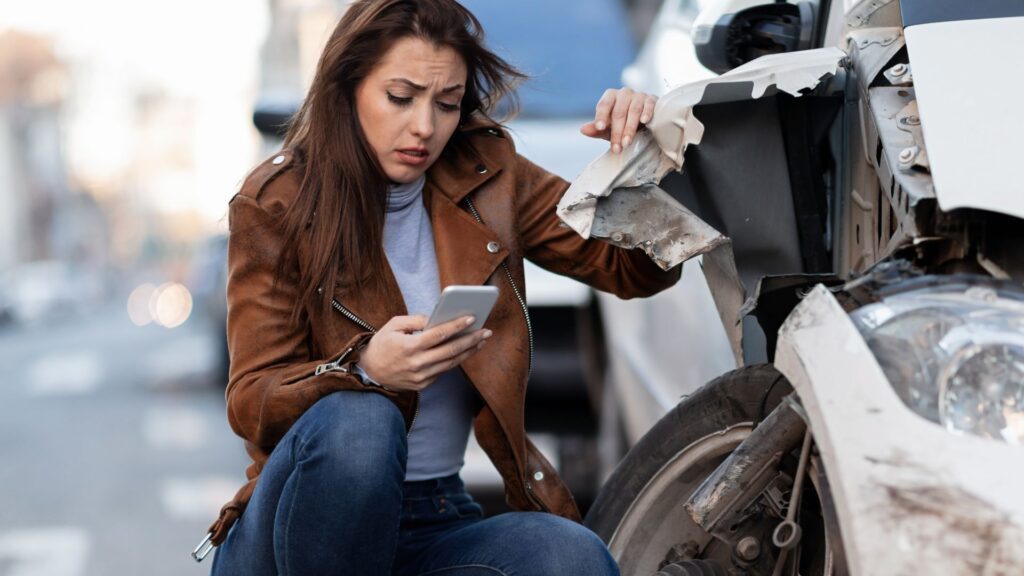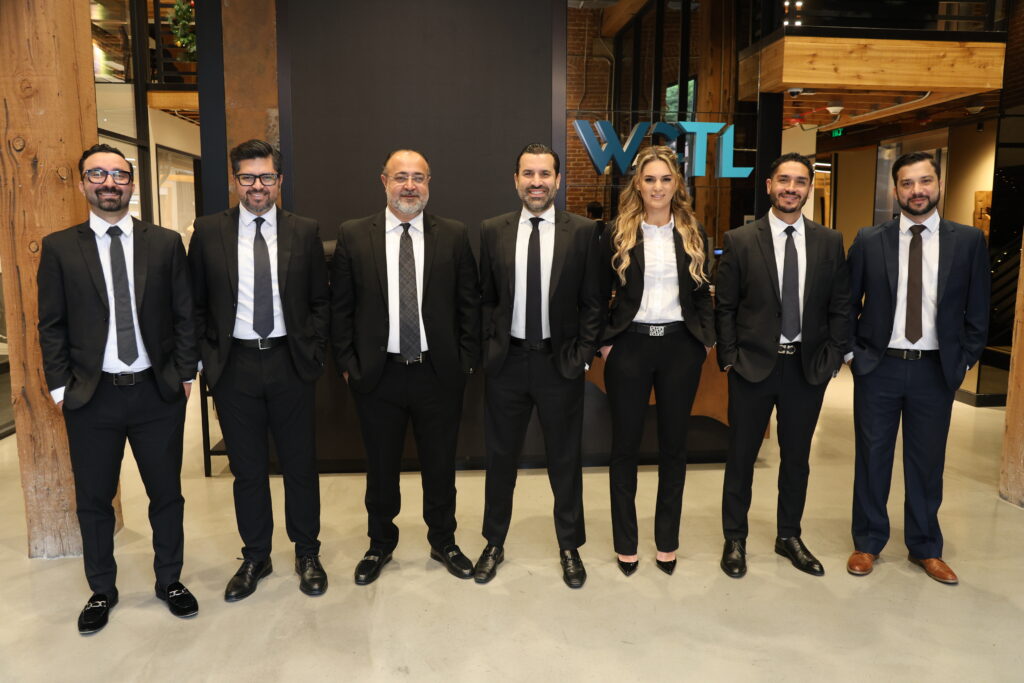
Social media platforms have turned into a common tool for people to stay connected with friends and family. But, they can also significantly harm you if you are pursuing a rideshare accident claim. Posts, photos, and even comments shared online can be used to form an argument against you, potentially undermining your credibility or the extent of bodily damage you suffered.
Understanding how social media can tamper with your claim is important as you move forward with the legal process. Gaining insight into this topic will give you an idea of how to protect your rights and improve your chances at obtaining fair compensation.
How Can Social Media Impact Your Personal Injury Claim?
Social media can play a significant role in personal injury cases, including those pertaining to rideshare accidents. Content shared online may be used as evidence that can influence the outcome of a claim. What may seem like innocent posts could be interpreted in several ways, and may weaken your case.
For instance, if you post a photo of you smiling at a family gathering, it could be used to argue that you are not in pain, even if the image itself is not reflecting what your true condition actually is.
In addition, comments directed towards accidents or injuries can affect your case. Minor statements or speculations may later contradict legal arguments. Even liking or participating in discussions that are not associated with the accident may be used against you.
With the way social media posts can be taken out of context, it is important for you to be cautious with your online activity while you are undergoing a lawsuit. Whatever you share can create consequences, potentially damaging your opportunity to acquire full compensation.
How Insurance Companies Use Social Media

Insurance companies will use social media as a tool to investigate personal injury cases. Adjusters will review social media accounts to see the type of content posted online to find evidence that may argue against severe injuries or other circumstances resulting from the rideshare accident. Even posts that appear unrelated to the case, like traveling or social gatherings, may be used to prove that you were more active or less injured than what you initially claimed.
Other than direct posts, they can also take a look at tagged photos, comments, or shared content made by your friends or family to check for inconsistencies between your statements and online activity. This comparison may be used to argue for lower settlement offers or even deny your personal injury claim.
Since social media posts can be taken out of context and used against you, you should try to avoid participating in discussions revolving around the incident and the injuries you incurred to prevent insurance companies from finding ways to misinterpret and harm your claim.
Privacy Settings and Why They May Not Protect You
Many people will believe that adjusting their social media privacy settings will keep posts hidden from insurance companies or defense attorneys, but this is not always the case. Even private posts can still be accessed through various means while in the process of a personal injury claim. One way is to view the shared content through mutual connections. If a friend or follower reposts or leaves a comment on your page, it could still fall into the hands of the opposing side. In addition, insurance adjusters and defense attorneys may request access through legal discovery if it is deemed relevant to the rideshare accident case.
Deleting Posts and How it Can Backfire Your Case
Attempting to delete or alter your posts after the rideshare accident can backfire. Courts may view this as your attempt to remove evidence, which could affect your credibility and the outcome of your case. The safest approach is to avoid posting about the event along with the injuries you incurred, or to share your daily activities that could be misinterpreted regardless of whether your social media account is set to private.
Best Practices for Social Media After a Rideshare Accident

After a rideshare accident, be mindful of your social media presence. Below are some practices you should consider to ensure a smooth legal process.
Avoid Discussing the Rideshare Accident
Refrain from sharing content covering the rideshare accident. Even if you make a simple comment about how you are feeling in the aftermath of the event, it can be misconstrued and used against you. You should avoid responding to questions or discussions about the incident on other people’s posts, as well.
Be Careful with What You Share
Posting photos or videos, even if it is not related to the rideshare accident, can create problems. A seemingly harmless picture of you at a gathering or engaging in physical activities may be used as proof that your injuries are not as serious as you initially claimed. You should also consider asking your friends and family not to tag you in posts.
Limit Your Social Media Activity
Try to minimize or pause your social media activity while you are still involved in the legal process. The less information available, the lower the risk of something being taken out of context and challenged against you.
Fix Your Privacy Settings
Switching your social media account to private is not necessarily foolproof, but it can still reduce the number of people who have regular access to your content. You should consider doing the following to limit visibility:
- Set your page to private
- Make changes to your friend lists
- Be cautious about accepting new follow requests
- Disable tagging features
How an Attorney Can Protect Your Claim
A personal injury attorney plays an effective role in your rideshare accident claim by helping you navigate legal complexities, including issues pertaining to social media use. They can advise you on what you should avoid posting online and ensure insurance adjusters or opposing parties do not use your content out of context to weaken your case.
Your attorney will also thoroughly communicate with the insurance company to prevent adjusters from twisting your statements or use your posts as evidence against you. If the opposing side tries to gain access to your private messages or content, your legal representative can step in to challenge the request and ensure your rights are protected in court.
Furthermore, an experienced attorney will gather evidence, like medical records and witness information to develop a strong claim. They will counter arguments the opposing side may use based on your social media activity, ensuring that false interpretations do not reduce your settlement value.
By following your attorney’s guidance, you can defend your claim and better your likelihood of acquiring maximum compensation for the losses you incurred as a result of the rideshare accident.
Schedule a FREE Consultation with West Coast Uber and Lyft Lawyers Today

Rideshare accident victims are entitled to pursue legal action to recover damages. At West Coast Uber and Lyft Accident Lawyers, our dedicated team will provide the guidance and support needed to ensure you get the compensation you deserve. Let us take the burden off your shoulders while you focus on recovering with a peace of mind.
To schedule a FREE consultation with one of our personal injury lawyers, you can connect with us by calling (213) 465-8682 or completing our quick online contact form. Our legal team provides 24/7 assistance with all phone calls and online inquiries.